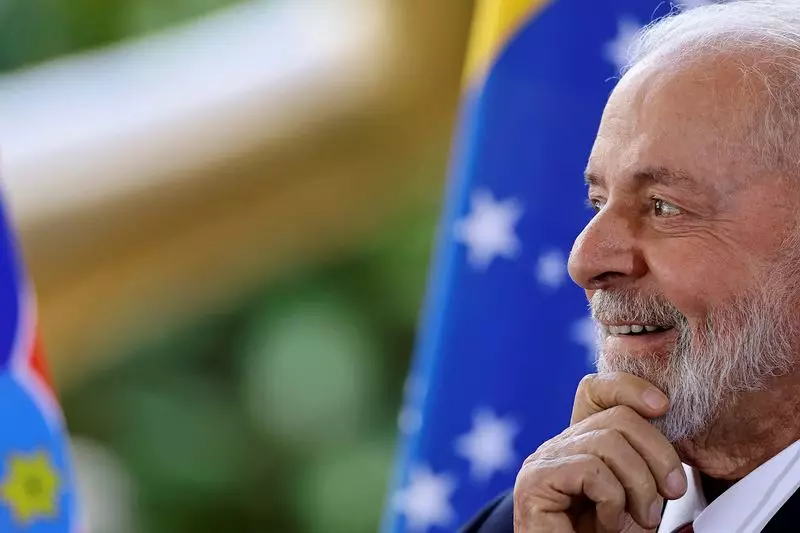President Luiz Inacio Lula da Silva of Brazil recently made statements regarding Finance Minister Fernando Haddad’s proposals for spending cuts. While he acknowledged the need for fiscal adjustments, he emphasized that such measures should not come at the expense of the poor. This stance indicates a commitment to protecting vulnerable segments of the population while navigating economic challenges.
President Lula highlighted the importance of avoiding unnecessary spending in light of pressure from investors to reduce expenditures and balance public accounts. This approach indicates a recognition of the need for responsible financial management in the face of external demands. By focusing on areas such as excessive public salaries and unlawful benefits, the government aims to streamline its budgetary allocations.
Finance Minister Fernando Haddad has faced challenges in intensifying the spending cuts agenda, particularly following the Senate’s rejection of a revenue-raising measure. This setback led to concerns about Haddad’s influence in his role and contributed to market volatility. The government’s support for Haddad underscores the importance of unity in implementing fiscal policies.
President Lula criticized the media’s focus on Brazil’s fiscal deficit while overlooking high interest rates. He pointed out the disconnect between inflation rates and the celebration of interest rate reductions, suggesting a need for more nuanced discussions on economic policies. By questioning the motives behind such celebrations, Lula raised important considerations about the country’s financial landscape.
The honoring of Central bank chief Roberto Campos Neto, appointed by former President Jair Bolsonaro, raised questions about the intersection of political and economic interests. Campos Neto’s presence at official events highlighted the complexities of economic decision-making and the influence of key figures in shaping policy outcomes. The upcoming rate-setting meeting will provide further insights into Brazil’s monetary stance.
President Lula’s statements regarding fiscal policy reflect a nuanced approach to economic challenges, balancing the need for fiscal adjustments with a commitment to social welfare. The government’s support for Finance Minister Haddad and its critique of media portrayals of economic issues underscore the complexities of managing Brazil’s financial landscape. As the country navigates fiscal pressures and external demands, a cohesive approach to economic policy will be vital for ensuring sustainable growth and stability.

